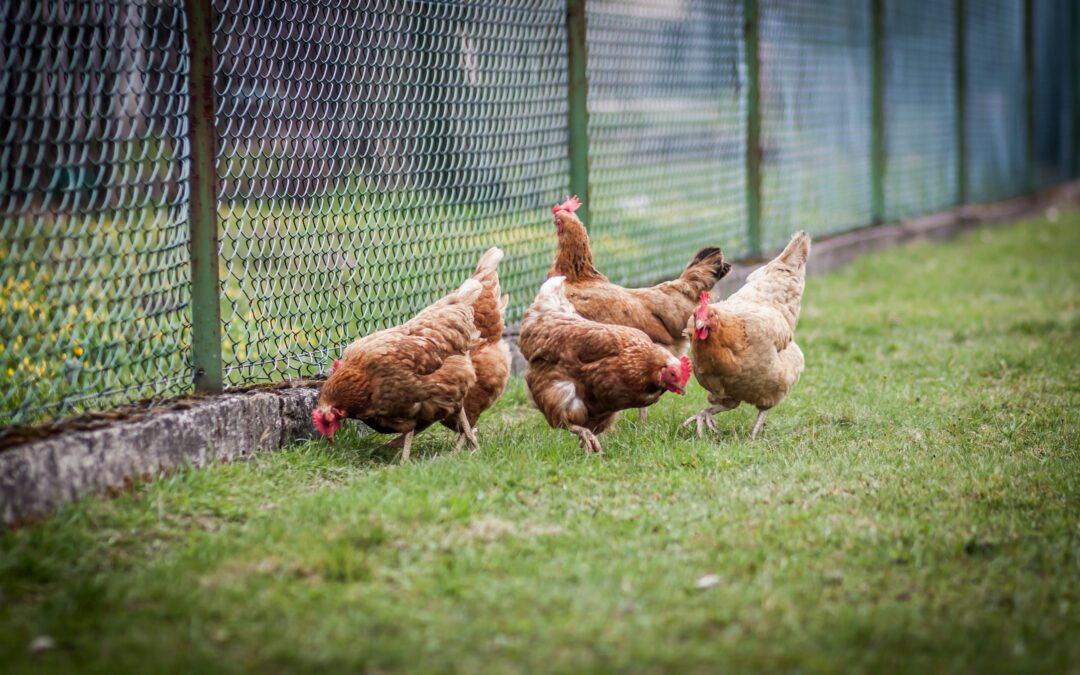Northfield residents turned out in force this summer to oppose a proposed ordinance that would have banned owning chickens citywide.
The measure came before City Council for a second reading on Sept. 2 but failed to receive enough votes to pass.
The debate began at the July 15 City Council meeting, when the ordinance was introduced for a first reading. At that time, discussion focused on restricting roosters because of noise while allowing hens. Residents left believing chickens would remain permitted.
Weeks later, however, Jackie Kondrk, a community member who owns chickens, discovered that the language set for a second reading included an outright ban on chickens. The change alarmed families who had already invested in coops and fencing, and many organized ahead of the Sept. 2 meeting to make their voices heard.
Kondrk has spent several thousand dollars building a coop and maintaining it with her fiancé. She moved from one house in Northfield to another because she could keep her chickens.
“We love Northfield. This is our forever house. We set it all up because we knew we were allowed to have the chickens, and now they want to take everything away,” Kondrk said. “It’s really, really disheartening, especially after going to the meeting and trying to educate the council, because they seem very uneducated and very ignorant to how keeping chickens works.”
She thinks that the Council’s reasoning is because they think chickens will attract pests. According to Dalton Supplies, a poultry equipment company, it’s not the chickens itself that
attract them, but the feed if it isn’t secured correctly.
Council members Renee Carfagno and David Notaro, who’re part of the committee discussing the issue, were contacted by Shore Local, but did not respond to a request for comment in time for deadline; There will be a follow-up article in next week’s edition.
About 50 community members attended the Sept. 2 meeting. Kondrk said residents, neighbors and Atlantic County 4-H participants spoke about the benefits of keeping backyard flocks.
“It was a much better outcome than I thought it was going to be,” she said. Several highlighted how chickens provide sustainable eggs, natural pest control and compostable fertilizer. Others described them as pets with names and personalities, no different from dogs or cats.
Parents also emphasized the educational value, saying their children had learned responsibility and where their food comes from by caring for the animals. 4-H members, including two young girls, spoke about how allowing chickens supports agricultural education and youth programs.
Kondrk said attendees also addressed common misconceptions — many said chickens create little noise compared to migratory birds and some came prepared with examples from other towns that allow chickens under clear regulations.
Opponents of the ordinance stressed that responsible ownership should be managed through criteria rather than prohibition. Suggestions included minimum lot sizes, limits on the number of birds and standards for coop placement and maintenance.
They argued that banning chickens entirely would unfairly punish responsible owners while doing little to address actual concerns.
Not all who attended supported chickens. A handful of residents argued that Northfield’s small property sizes make poultry inappropriate for dense neighborhoods, or that code enforcement would create unnecessary taxpayer expense.
The proposal’s shifting language also frustrated attendees. Some residents said they had previously confirmed with city officials that chickens were permitted and even purchased homes on that basis. They felt misled by the sudden push for a ban, especially after council members had earlier indicated they would only prohibit roosters.
By the end of the Sept. 2 meeting, the ordinance failed to move forward, but attendees weren’t entirely sure what that meant for its future.
“I had a little trouble hearing them. They mumbled something and people started to get up and leave so we did as well,” Rita Clemens, another chicken advocate, said. “My guess is that [it] was the end of the public portion for the evening. Then about two hours later, I got a [private message] from someone saying the ordinance failed 4-2.”
For Northfield residents like Kondrk and Clemens, the experience underscored the importance of civic participation. Kondrk said she’d continue attending meetings to ensure residents’ voices are heard.
“I just hope that they don’t go back on it, that they keep the community in mind when they develop the new criteria and there’s a public input situation,” Kondrk said. “Everyone should have the right to have chickens, as long as it meets certain criteria. So we’re hopeful that they’re going to come up with a new code proposal that has some criteria.”















